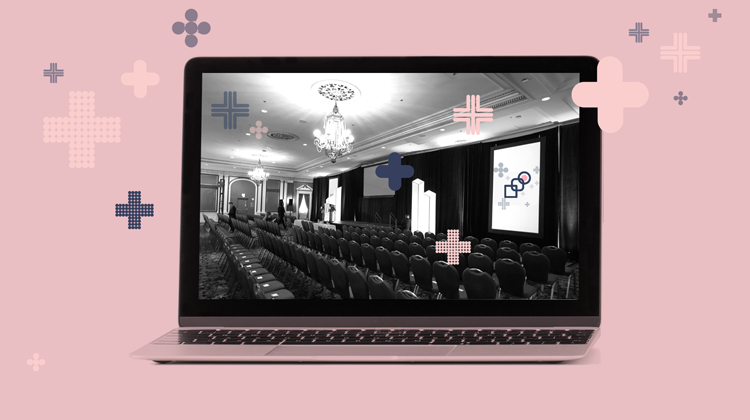
The future is hybrid.
In a pandemic and post-pandemic world, we must revise our purpose for participating, attending or supporting an event. In 2021 and 2022, we will be navigating a completely different event landscape. The US presidential inauguration and the recent pop culture award shows are a lens on the hybrid nature of the events we see and will continue to see going forward. I’ve spent much of my last eight months following the trends and the efforts of event organizers worldwide. At first, they were looking to stay relevant, and as the pandemic grew deeper, they pivoted on the technology side to accomplish this. Going virtual gave us an opportunity and the space to stay connected and keep our momentum. Event platforms, such as Swoogo, reported that event attendances increased three to four times over what we saw with the in-person event attendance. Going hybrid will show a brand’s ability to pivot fully and engage with their partners and desired audiences in a meaningful and impactful way. However, the industry has also learnt that it takes more people to produce or participate in a virtual event. It requires a more significant production effort. It involves the seamless and immediate execution of pre, at, and post-event digital communication and touchpoint content, for which fail-safe plans and immediate customer engagement are a must.
A successful event strategy depends on the organizers’ ability to pivot their thinking and adjust to the new way of hosting and attending events. A side note to remind you that this new way doesn’t necessarily replace the old way – the value of a hybrid event is in blending some of the traditional aspects of the events we were accustomed to and the opportunities that resulted from new digital technologies. When examining each possibility, be it a tradeshow, conference, customer event, or a speaking engagement, it will be critical to question its intent and purpose. Does it add brand value? What does the brand lose if participation is withdrawn? Is your participation active or passive? How is success tracked and measured?
Now more than ever, it is critical that event organizers articulate the value your brand will gain from participating in events. How will the audience experience your brand? Do opportunities for engagement exist?
